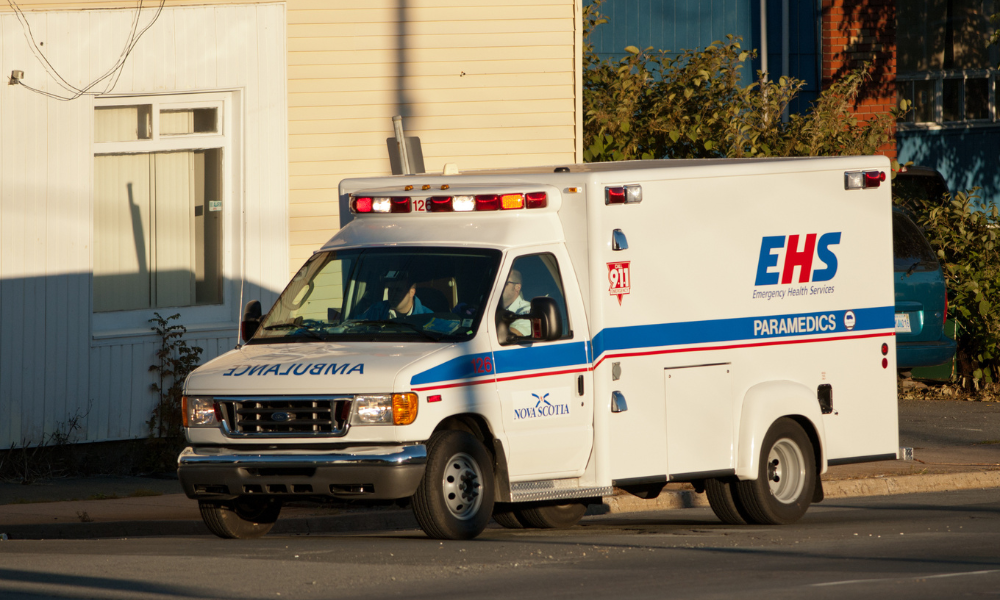
Court's appellate jurisdiction limited to professional conduct process

The Nova Scotia Court of Appeal has ruled that it lacked jurisdiction to hear an appeal related to the registration and licensure of paramedics.
In Hogg v. College of Paramedics of Nova Scotia (Registration Appeal Committee), 2023 NSCA 62, the registration committee of the College of Paramedics of Nova Scotia decided to deny Sybil Hogg's registration and licensure as a paramedic. Hogg appealed to the NS Court of Appeal.
The College argued that the court had no jurisdiction to hear the appeal, as it pertained to the registration and licensure process, not the professional conduct process. According to the College, the appeal to the court should only be available in cases involving professional misconduct.
The appeal court agreed with the College's position. The court explained that the Civil Procedure Rules permit dismissing an appeal "if it is demonstrated that no appeal lies to the Court of Appeal." The court emphasized that "no appeal lies to this court if there is no jurisdiction to hear the appeal." For the appellate court to hear an appeal, it must have jurisdiction.
The court further said that the right to appeal from a tribunal decision must be found in the governing legislation of the tribunal. The applicable statute here is the Paramedics Act. The right to appeal a decision of the Committee to the court of appeal must be found in the act and its regulations. However, the court explained that s. 91(1) of the Paramedics Act applied exclusively to the professional conduct process, which dealt with registered members of the College facing disciplinary sanctions. Hogg, who was not yet a registered member, was not subject to this process. The court pointed out that her appeal before the Committee was about a decision not to grant her registration and licensure.
The court also noted that Hogg's was subject to the registration and licensing provisions of the Paramedics Act. Hogg was an applicant in the College's registration and licensing process and was subject to decisions of the Registration Appeal Committee.
The court emphasized that the right to appeal had to be explicitly outlined in the governing legislation, which was absent in Hogg's case. Furthermore, the regulations governing the Registration Appeal Committee stated that its decisions following an appeal hearing were final and not subject to appeal to the court.
Consequently, the court ruled that Hogg had no right to appeal to the court because s. 91(1) of the Paramedics Act applied only to the professional conduct process, not the registration and licensing process. Ultimately, the court ruled in favour of the College, dismissing Hogg's appeal.